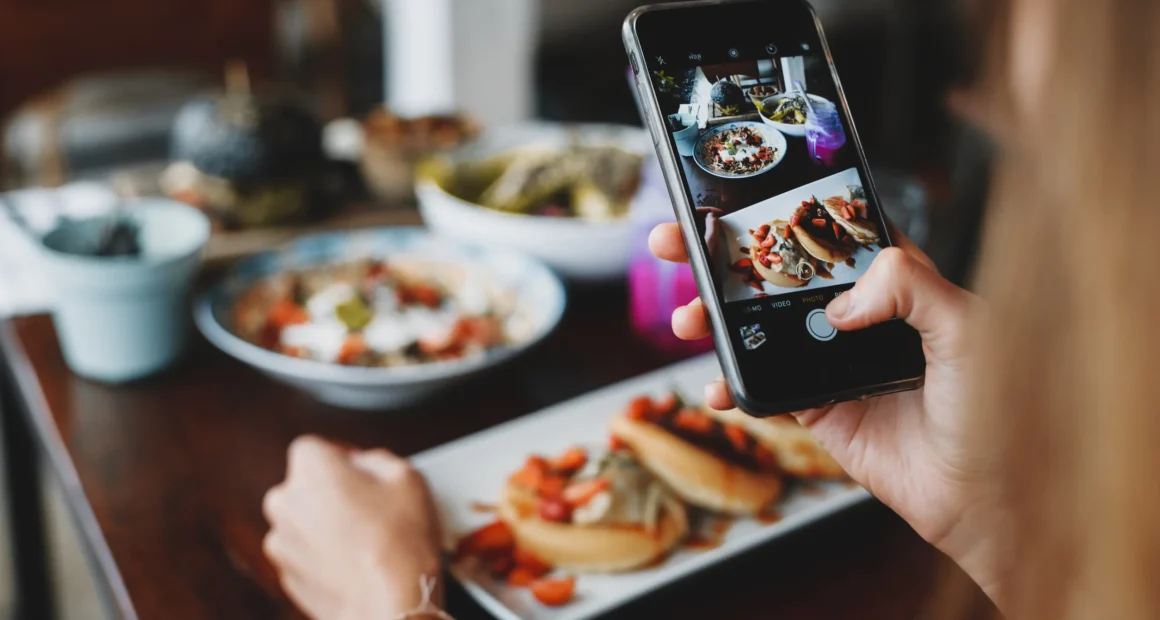Immersive Social Media Campaigns
Interactive Content Sparks Engagement
In 2025, food brands captivate audiences through immersive social media campaigns on platforms like TikTok and Instagram. Live cooking demos, where chefs respond to viewer comments in real-time, create a sense of connection. Polls and quizzes, such as guessing secret ingredients or voting for new menu items, boost interaction. Hashtags like #TasteTheTrend amplify reach, encouraging users to share their own recipes or food experiences, fostering a vibrant community around the brand’s offerings.
Gamified Loyalty Programs
Rewarding Customer Participation
Gamification transforms loyalty programs into exciting experiences for food brand customers. Apps offering points for purchases, recipe challenges, or sharing branded content motivate repeat engagement. For example, a Thai snack brand might reward users for posting photos of creative dishes using their products, unlocking discounts or exclusive merchandise. These interactive rewards, promoted through push notifications and social media, drive customer retention and turn casual buyers into brand advocates.
Augmented Reality Experiences
Bringing Menus to Life
Augmented reality (AR) is revolutionizing food marketing by offering interactive experiences in 2025. Brands integrate AR filters that let customers visualize dishes via smartphone apps before ordering, enhancing decision-making. For instance, scanning a QR code on a restaurant menu could display a 3D model of a dish with nutritional details. Sharing these AR experiences on platforms like X creates buzz, attracting tech-savvy diners and positioning brands as innovative leaders in the food industry.
User-Generated Content Contests
Harnessing Customer Creativity
Encouraging user-generated content (UGC) through contests is a powerful way to engage foodies. Brands invite customers to create recipes or videos featuring their products, offering prizes like gift cards or exclusive dining experiences. A Thai sauce brand, for example, could launch a #SpicyChallenge, asking fans to showcase unique dishes. Highlighting winning entries on social media or packaging builds authenticity, fostering a sense of ownership among customers and boosting brand visibility.
Virtual Tasting Events
Connecting Through Digital Flavors
Virtual tasting events are gaining traction as food brands host online sessions where participants sample products and share feedback. These Zoom or Instagram Live events, often paired with mailed sample kits, create immersive experiences. A beverage brand might guide participants through a tea-tasting session, discussing flavor profiles while encouraging live comments. Promoting these events with hashtags like #TasteTogether ensures broader reach, appealing to food enthusiasts eager for interactive, communal experiences.
Personalized Marketing with AI
Tailoring Offers to Tastes
AI-driven marketing personalizes customer experiences by analyzing preferences and purchase history to deliver targeted promotions. Food brands use AI to suggest recipes based on past orders or offer discounts on favorite items. For example, a bakery chain might send tailored offers for vegan desserts to plant-based customers. Integrating these insights into email campaigns or app notifications enhances engagement, ensuring food brands remain relevant and compelling in a competitive 2025 market.






